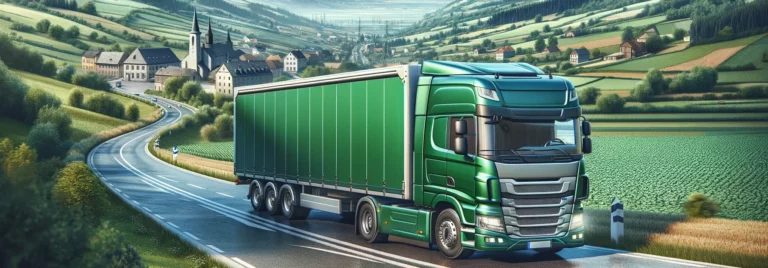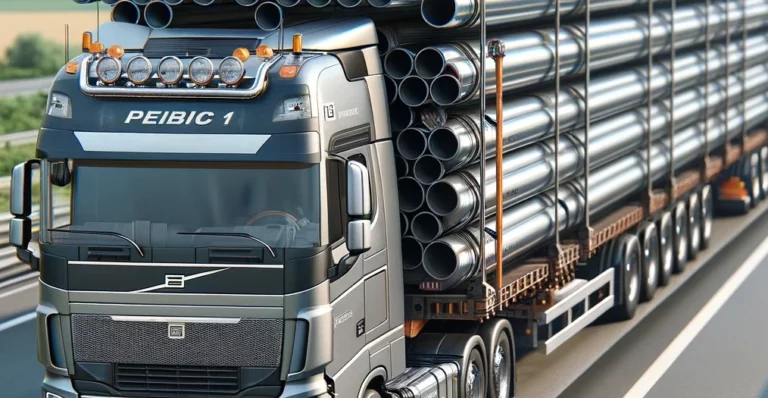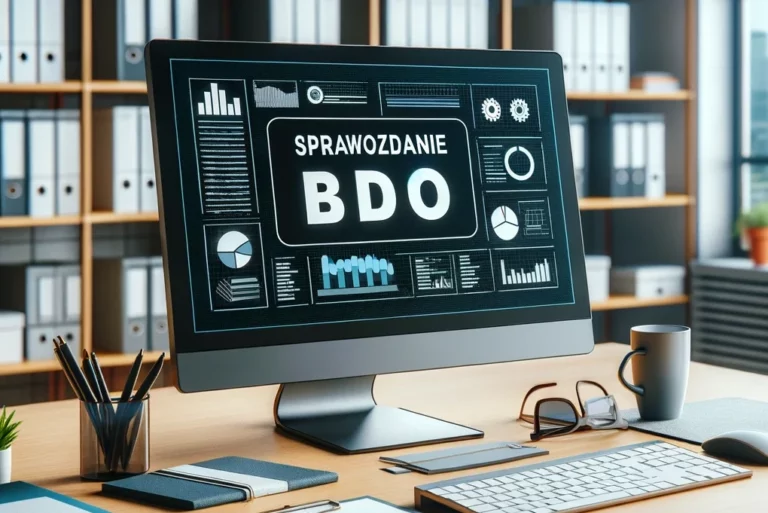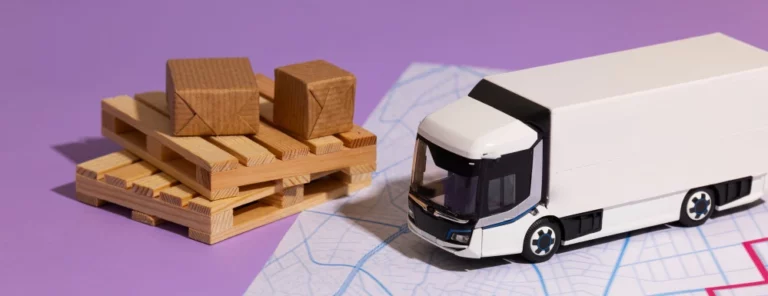Waste transport permit in Austria - changes from 2024
On the basis of revised regulations in Austria, with the start of 2023, every waste carrier had to use a train crossing under certain conditions. In 2024, it is expected to be similar. Although the conditions mentioned will change. What remains unchanged, however, is that the waste transport permit in Austria still applies. Contact for a waste transport permit in Austria....










